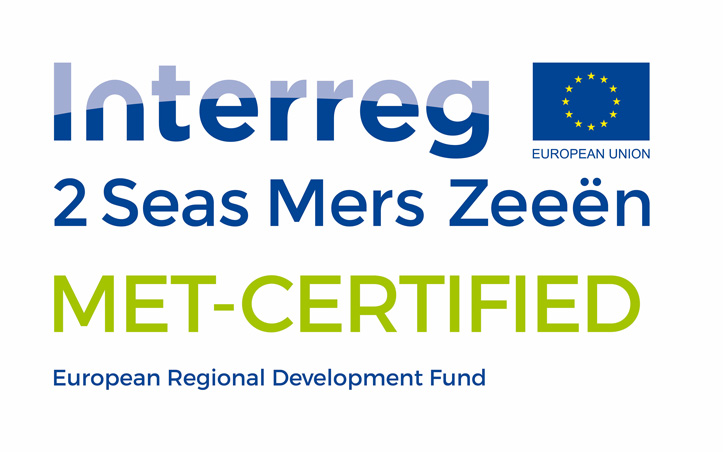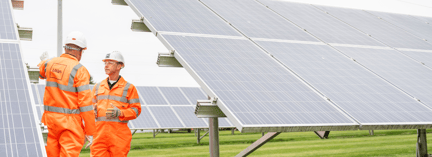An initiative which aims to increase the adoption of insurable and bankable marine energy projects in the Interreg 2 SEAS region.
 An initiative which aims to increase the adoption of insurable and bankable marine energy projects in the Interreg 2 SEAS region – a European Territorial Cooperation Programme covering England, France, the Netherlands and Belgium (Flanders) – is using the expertise from LRQA in the testing and development of internationally recognised standards and certification schemes for the sector against new marine technology.
An initiative which aims to increase the adoption of insurable and bankable marine energy projects in the Interreg 2 SEAS region – a European Territorial Cooperation Programme covering England, France, the Netherlands and Belgium (Flanders) – is using the expertise from LRQA in the testing and development of internationally recognised standards and certification schemes for the sector against new marine technology.
The initiative is causing a major splash for insurance and finance companies as LRQA's involvement with MET-CERTIFIED assesses the value of universal marine energy certification schemes to help provide confidence to those private and commercial investors seeking to invest in marine energy projects.
Peter Davies, Principal Specialist of Renewable Energy for LRQA says: "Certification helps to reduce perceived risks of new or upcoming technologies used in marine energy power generation projects and can help to increase market confidence in how devices perform and their structural integrity, as well as helping this sector attract previously untapped finance schemes and making exporting marine energy technology across the world easier."
MET-CERTIFIED is assessing the entire process of certification, from concept to construction through to installation of a full-scale floating platform for tidal turbines with the support of a number of industry partners. The initiative is of huge importance to the marine energy industry and particularly for stakeholders wanting security and knowledge in how technology can be, and should be, certified – critical to stakeholder groups such as banks and insurers through to consenting authorities, end-users, test facilities and classification authorities.
"Together with nine (9) other partners from the Interreg 2 SEAS region we are working on standards and certification schemes for marine renewables both at the national and international level through International Electrotechnical Commission (IEC) and the IEC System for Certification to Standards Relating to Equipment (IECRE)," highlights Davies. "LR will be providing updates to the project on current developments in standards and certification schemes. Also we will be providing feedback to the standards and certification committees from a lessons learnt assessment by implementing the standards and certification schemes across eight (8) test models."
To accurately reflect the needs of the marine renewable sector, MET-CERTIFIED has organised a series of workshops for stakeholders in The Netherlands, UK, France and Belgium. The UK workshop was organised by the European Marine Energy Centre (EMEC) and hosted by LRQA in London.
Dr Rebecca Sykes Technology Innovation Leader at LRQA says: "The workshop provided an update to the industry on progress with technical standards, and helped to gain feedback from delegates into how and why certification and testing removes barriers to the development of current and upcoming technologies." The event was attended by insurers, public funding bodies and technology developers.
Millions of devices that contain electronics, and use or produce electricity, rely on IEC International Standards and Conformity Assessment Systems to perform, fit and work safely together. Likewise, the IECRE in Renewable Energy Applications aims to facilitate international trade in equipment and services for use in renewable energy sectors to maintain the required level of safety.
Presently no universal marine energy certification scheme is available. However, the MET-CERTIFIED initiative with LRQA's involvement is helping to progress the development of a global standardisation for marine energy devices destined for use by industry in the next two years. It is expected this approach will give investors further confidence to invest in multiple or large scale marine energy projects.


